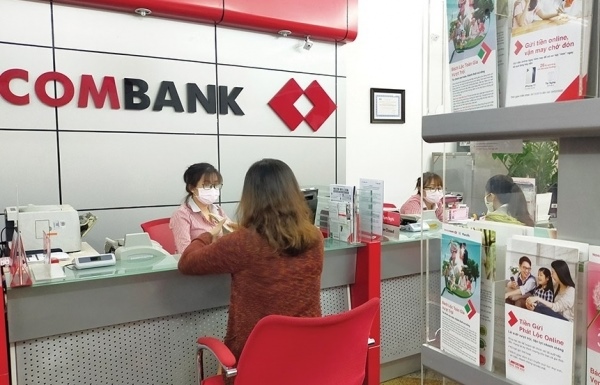Banks bet on wholly owned life insurance
Banks bet on wholly owned life insurance
Several Vietnamese banks are shifting from bancassurance partnerships to establishing their own insurance companies, paving the way towards building full-fledged financial conglomerates.
During the latest wave of banking AGMs, VPBank approved a plan to establish a wholly owned life insurance subsidiary with charter capital of $80 million.
Bui Hai Quan, vice chairman of VPBank’s board of directors, noted that owning a life insurance firm would allow the bank to maintain full control over its product offerings, business model, customer segments, and distribution process, rather than relying solely on external partnerships.
“The life insurance business model is closely linked to banking operations, strengthening customer engagement and maximising value across our existing ecosystem,” he said. “The bank is gradually developing a multi-sector financial group model, including commercial banking, consumer finance arm FE Credit, VPBank Securities, and non-life insurer OPES. The addition of a life insurance company and a fund management unit is expected to complete the remaining pieces of this strategy.”

Techcombank has outlined plans to introduce life insurance products by the end of the year, photo Le Toan |
In March, Techcombank’s board of directors approved the formation of TCLife, a life insurer with charter capital of $52 million. The venture will have two major shareholders, which are Techcombank, holding an 80 per cent stake equivalent to $41.6 million, and Vingroup.
“Depending on the Ministry of Finance’s (MoF) licensing timeline, and barring any changes, Techcombank plans to introduce life insurance products to the market by the end of this year,” said CEO Jens Lottner. “By 2035, our goal is to quadruple insurance revenues from 2024 levels, reaching $3.36 billion.”
According to Techcombank’s Q1 financial report, insurance-related fee income totalled $8.44 million, up 26.7 per cent on-year and surging over 1,700 per cent compared to Q4 of 2024, when the bank’s operations were impacted by the termination of its exclusive distribution deal with Manulife.
Techcombank highlighted in their Q1 report that bancassurance rebounded strongly during the quarter, following a steep decline after ending the Manulife partnership.
At the end of 2024, Techcombank also launched its non-life insurance brand, TCGIns, with a charter capital of $20 million, of which Techcombank owns 11 per cent.
“The life and non-life insurance businesses will deliver significant value to customers,” added Lottner. “Techcombank aims to become deeply involved in the customer journey, offering a seamless experience and securing a distinctive competitive edge in the market.”
Nguyen Thu Ha, head of Equity Research at SSI Research, told VIR that the move by major banks to establish their own life insurers marks a new trend in Vietnam’s finance-insurance sector and reflects a proactive strategy by the banks themselves.
“This is a step towards capturing long-term opportunities in life insurance while also realising the ambition to build comprehensive financial group models,” she said. “Owning a life insurance company enables banks to control the full value chain, from product development and distribution to policy management and investment of collected premiums,” she added. “It is also a response to recent regulatory changes and a growing need to diversify income streams, as banks seek to reduce dependence on interest income amid intensifying interest rate competition.”
However, Ha stressed that in the short term, only banks with strong financial capacity, robust technological infrastructure, and comprehensive financial ecosystems are positioned to unlock the full benefits of running an insurance subsidiary.
Faced with the challenges of transitioning from insurance distributor to issuer, Ha emphasised that the key lies in transparency and a commitment to placing customer interests above all else.
“Advisory and sales processes must be clearly defined and strictly monitored to ensure consultants act in the genuine interests of customers, rather than short-term sales targets,” said Ha. “In terms of investment, internal policies and independent evaluation mechanisms are essential to ensure insurance fund decisions are driven by safety and efficiency, not by the parent bank’s interests.”
- 10:00 21/05/2025

























